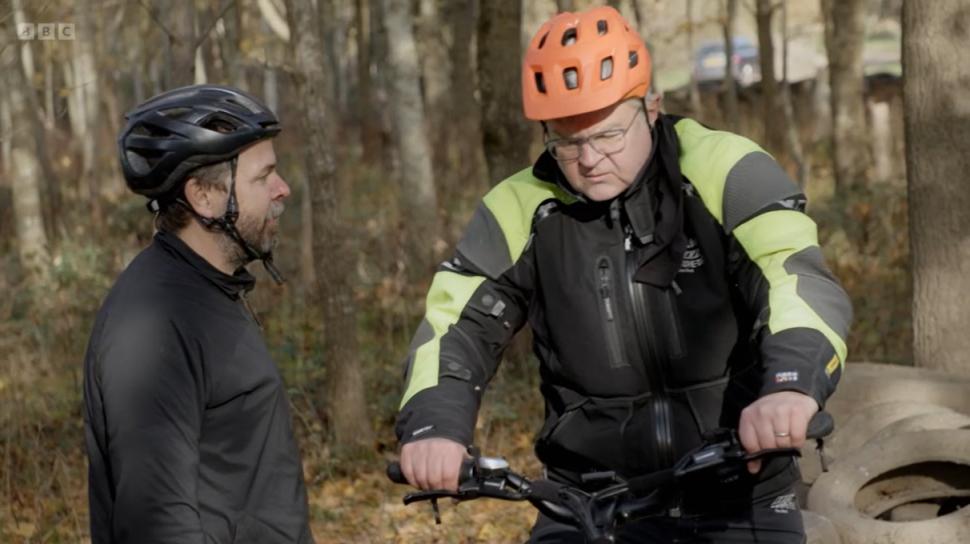The problem is paradigms in people's heads, not the law. The law is very clear. When people say that the power is capped at 250w, it's because they're too lazy to read the law. They just cut and paste from others, who likewise didn't read the law. It isn't difficult as long as your brain isn't controlled by paradigms. Unfortunately some people, including many forum members, suffer from that badly, and there's probably no cure. That's why we have to go over it again and again and again and again with same people, who for some reason can't comprehend simple English.Then surely the term should be 'Legal' not 250W because as you can see from this documentary there is massive confusion about ebikes and 250W. This so called professional well researched documentary states 250W maximum power so they don't understand the legislation either. The 250W means nothing in relation to how other electrical devices are certified. I've seen certification where a electrical motor is rated to its maximum wattage before it starts to overheat but I've never seen any other certification where you just state a random wattage number something can operate at and put that on the motor. Is there any other example of that? Certification is not normally random figures like this. So you have tiny hub motors, large hub motors, weak mid-drive motors, super powerful mid-drive motors and direct drive hub motors all certified as 250W. Even the pisspoor tiny hub motors that would struggle to get to 250W are called 250W like the Assist bike at Halfords which is really more of a 140-160W motor or at least that is all the controller can give it. It's rated 250W and sold as 250W despite not being 250W at all its being completely mis-sold as 250W and false advertising but that is the nuts certification we have. I guess you can take that motor and put it with a completely different controller and battery and test it at 250W but then certification is normally about the actual product supplied i.e. its components as configured.
Looking at Chinese trade houses that resell products from Chinese manufacturers i.e. they operate like importers to a degree but buy product in large quantities from factories to export themselves some of these will certify products for Europe to sell as 250W but the manufacturers themselves sell as lets say 750W and other Chinese trade houses just sell as 750W. It's the same product that the reseller/trade house is selling as 250W. It's a mad certification process.
Personally I'm never going to accept 250W as fair or honest certification. I was a compliance officer for many years and never saw anything like this before despite reading 100s of different BSI certification documents and the resultant test certificates based on that certification.
Regarding certification. I was also involved in such matters in the automobile industry for 20 years. That's where I learnt that paradigms make life difficult, when all you have to do is read the rules and comply with them, not make your own interpretation of what might have been intended or what you think is right.










